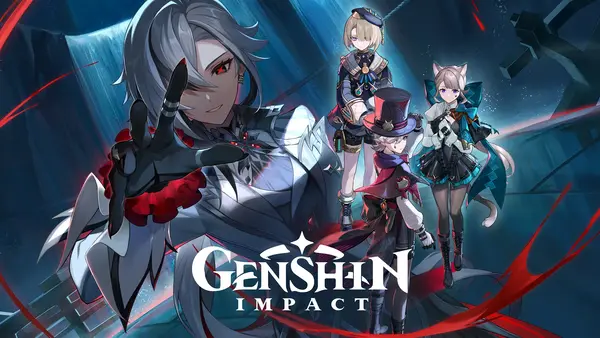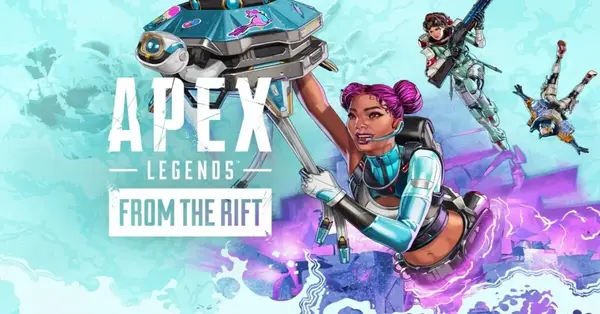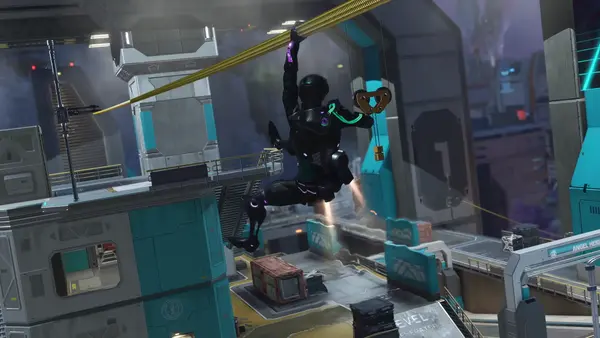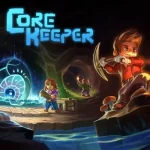**Introduction**
When **The Elder Scrolls IV: Oblivion Remastered** was first announced, fans of the legendary RPG series were elated. The 2006 original left an indelible mark on gaming history with its sprawling open world, dynamic quests, and rich lore. Now, with modern enhancements and a wave of nostalgia, the **remastered version** breathes new life into a classic. In this comprehensive **review**, we’ll dissect every element of this updated masterpiece—from graphics to gameplay, storyline to mod support—and determine whether it lives up to its iconic predecessor.
**The Origins: Why Oblivion Deserved a Remaster**
When **Oblivion** was released nearly two decades ago, it was revolutionary. Featuring one of the first true open-world experiences with full voice acting and radiant AI, it captivated gamers worldwide. Over the years, though, age showed its cracks—dated textures, clunky UI, and frequent bugs became harder to ignore in the era of modern RPGs.
Yet the game’s core—its freedom, storytelling, and exploration—remained timeless. These strengths made **The Elder Scrolls IV: Oblivion Remastered** not just a wishful dream but a necessary evolution for modern audiences and long-time fans alike.
**Visual Overhaul: A Stunning Rebirth**
Modern Graphics Engine
One of the most apparent improvements in **The Elder Scrolls IV: Oblivion Remastered** is the graphical overhaul. Rebuilt using an updated engine, possibly based on the Creation Engine 2, the remaster delivers high-resolution textures, dynamic lighting, and improved draw distances. Cyrodiil’s forests are now lush with detail, and sunsets across Lake Rumare are breathtaking.
Updated Character Models
Gone are the awkward potato-faced NPCs. New character models bring expressiveness and realism, which enhance immersion. The level of detail rivals some of the best RPGs today, making this **remastered version** visually competitive in 2025.
**Revamped Combat Mechanics**
One of the most divisive aspects of the original was its combat. Melee attacks felt weightless, and spellcasting often lacked flair. **The Elder Scrolls IV: Oblivion Remastered** improves significantly in this department. Weapon animations are smoother, timing-based blocks and dodges have been introduced, and spell effects are now cinematic and impactful.
Magic in particular feels like a core feature again, with visual effects that rival even *Skyrim*. Combat finally matches the grandeur of the world itself, creating a more satisfying gameplay loop for both newcomers and returning fans.
**Worldbuilding and Lore: Still a Benchmark**
Expanded Dialogue and Voice Acting
**The Elder Scrolls IV: Oblivion Remastered** keeps the original’s rich lore intact while expanding certain quest lines and diversifying NPC interactions. Bethesda added new voice lines and brought back some of the original cast to rerecord cleaner, more expressive performances. Dialogues are more dynamic and impactful than before.
Enhanced Lore Integration
Books, ruins, and side quests now offer deeper lore insights. References to events from *Morrowind* and foreshadowing for *Skyrim* are now more clearly established, creating better continuity across the franchise’s timeline.
**Questing Redefined: Smarter, Deeper, Better**
While the original featured some of the best quest lines in Elder Scrolls history—like the Dark Brotherhood and Thieves Guild—**The Elder Scrolls IV: Oblivion Remastered** takes them even further. Quests now feature more branching choices, revised rewards, and intelligent enemy scaling.
- **Dark Brotherhood:** Includes new assassination contracts and enhanced stealth mechanics.
- **Mages Guild:** Now ties into Oblivion Gate lore more deeply.
- **Main Quest:** Fewer fetch missions, more moral complexity, and emotional depth.
This **review** concludes that questing is no longer just fulfilling—it’s often downright emotional.
**Character Progression and Skills**
Overhauled Leveling System
The original’s level scaling was controversial. In the **remastered version**, Bethesda introduces a hybrid model: enemies scale but have level caps, and your build now affects gameplay far more. Want to be a stealth archer or battle-mage? Each path now feels distinct and viable.
New Perks and Custom Classes
Each skill tree now includes perks inspired by *Skyrim*, and custom class creation has been refined. These changes deepen replayability and encourage experimentation.
**Audio & Soundtrack: Reorchestrated Elegance**
Jeremy Soule’s unforgettable soundtrack returns in **The Elder Scrolls IV: Oblivion Remastered**, but this time it’s reorchestrated with live instruments and 3D spatial audio. The iconic main theme hits harder, and ambient soundscapes feel more organic and immersive.
Sound design also got a facelift—armor clinks, magical spells, and even ambient noises like distant thunder have been remastered to heighten realism.
**UI, Quality of Life, and Accessibility**
Modern HUD and Menu Systems
The clunky menus and unintuitive inventory of the original are gone. The **remastered version** features a sleek, minimal UI inspired by *Skyrim* and *Fallout 4*, allowing for intuitive navigation and better inventory management.
Accessibility Features
New accessibility options include customizable subtitles, colorblind modes, controller remapping, and more scalable font sizes. These updates make the game more inclusive for all players.
**Mod Support and Community Content**
One of the most loved aspects of any Elder Scrolls title is mod support, and **The Elder Scrolls IV: Oblivion Remastered** embraces it wholeheartedly. Bethesda has included Creation Club integration and full Steam Workshop support at launch.
- Graphical mods for realism and fantasy styles
- New questlines, companions, and dungeons
- Full overhaul mods that let you turn Oblivion into a hardcore survival RPG
In our **review**, modding remains a core reason why this game will stay relevant for years.
**Performance, Bugs, and Optimization**
Even in its glory days, the original Oblivion was plagued with performance issues. Thankfully, the **remastered version** shows impressive stability. On current-gen consoles and PCs, load times are lightning fast, frame rates stay consistent, and memory management is vastly improved.
While no game is entirely bug-free, early patches have addressed most minor glitches. In short, **The Elder Scrolls IV: Oblivion Remastered** is the most stable Elder Scrolls release to date, even outperforming the launch versions of *Skyrim* and *Starfield*.
**Conclusion**
**The Elder Scrolls IV: Oblivion Remastered** is more than just a nostalgic update—it’s a love letter to one of gaming’s most important RPGs. From breathtaking visual upgrades and refined combat to enriched quests and deeper lore integration, the game stands as a testament to what a great remaster can achieve. Our **review** concludes that whether you’re a veteran of the Imperial City or setting foot in Cyrodiil for the first time, this version offers an unforgettable experience that marries the past with the present.
In 2025, this isn’t just Oblivion reborn—it’s Oblivion perfected.

































